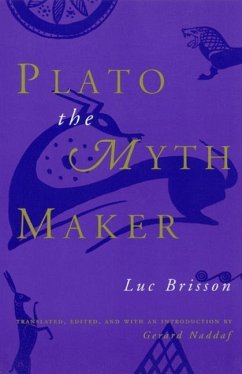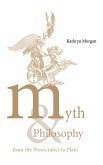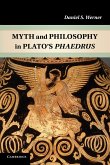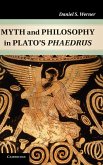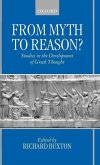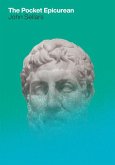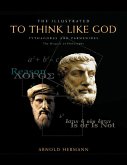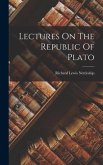We think of myth as a fictional story, and Plato was the first to use the term muthos in that sense. But Plato also used muthos to describe the practice of making and telling stories, the oral transmission of all that a community keeps in its collective memory. In the first part of Plato the Myth Maker, Luc Brisson reconstructs Plato's multifaceted and not uncritical description of muthos in light of the latter's famous Atlantis story. The second part of the book contrasts this sense of myth, as Plato does, with another form of speech that he believed was far superior: the logos of philosophy. Appearing for the first time in English, Plato the Myth Maker is a solid and important contribution to the history of myth, based on the privileged testimony of one of its most influential critics and supporters.
Bitte wählen Sie Ihr Anliegen aus.
Rechnungen
Retourenschein anfordern
Bestellstatus
Storno

